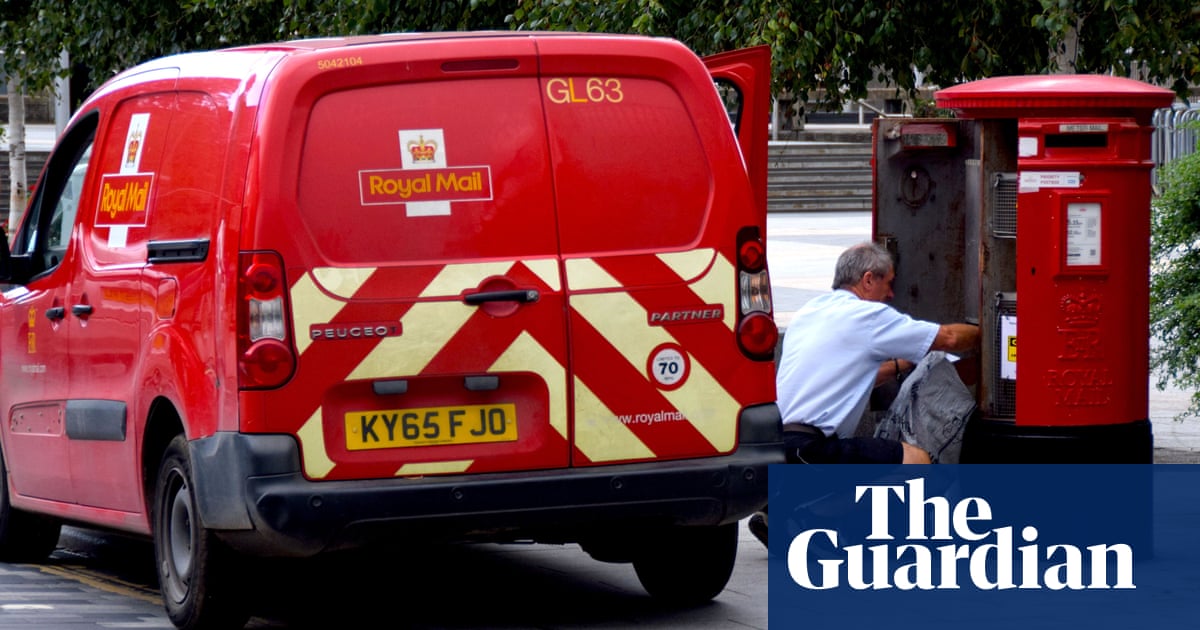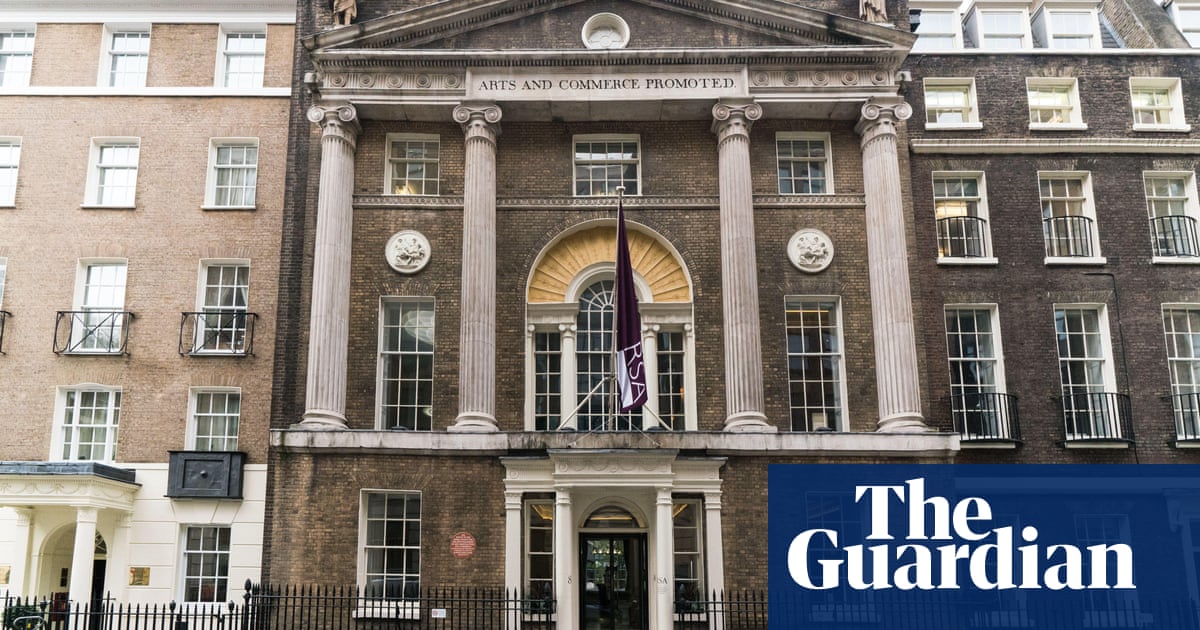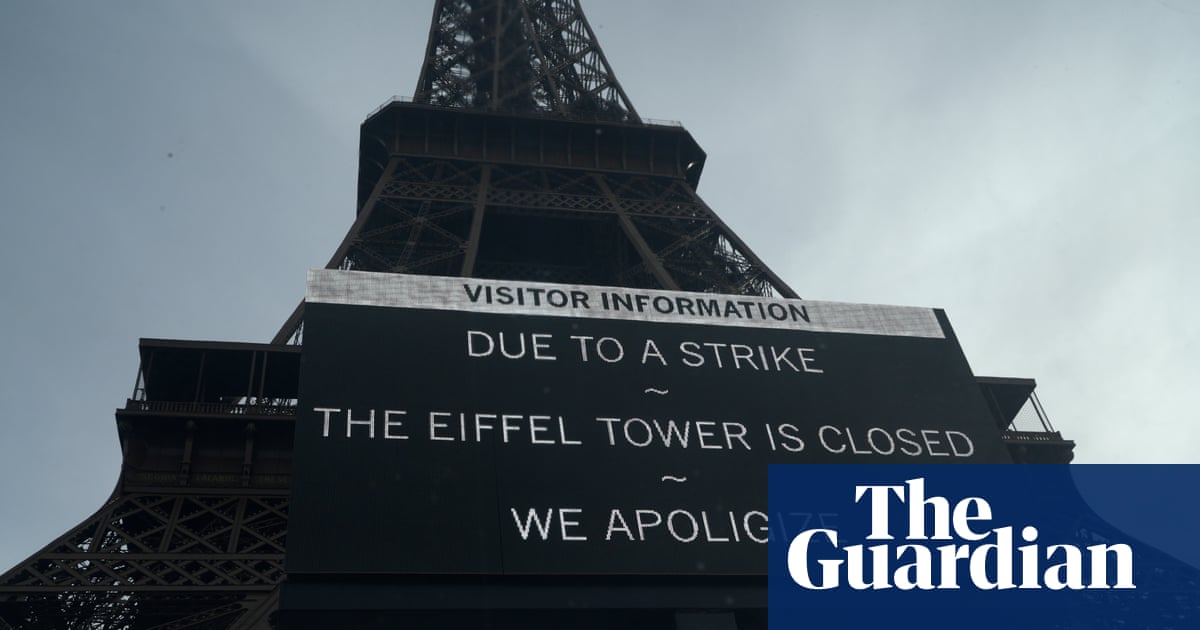
Royal Mail workers have begun voting on whether to walk out in a dispute over salary rises that could become the biggest strike this summer, while tram drivers have begun a 48-hour strike in south London in a separate row over pay.
About 115,000 members of the Communication Workers Union (CWU) have received ballot papers and will vote in the coming weeks on whether to stage a campaign of industrial action. The result of the vote is expected on 19 July.
The union said it could be “the biggest strike” in what is shaping up to be a summer of discontent, as thousands of workers from different industries walk out to demand pay awards that keep up with soaring inflation. Rail workers staged three-day strikes last week.
The CWU called on Royal Mail to negotiate with the union to secure a “straight, no-strings” pay increase for employees. It said management intended to impose a 2% pay rise that would be a “dramatic real-terms wage cut” because of soaring inflation.
A union spokesperson said: “Britain’s postal workers are being forced into accepting a massive pay cut by the same people they have generated incredible profits for. Our members are going to food banks while bosses reward themselves with advance bonuses.”
A Royal Mail spokesperson said: “We believe there are no grounds for industrial action. We offered a deal worth up to 5.5% for CWU grade colleagues, the biggest increase we have offered for many years, which was rejected by the CWU.
“We need to reach an agreement on the changes required to ensure Royal Mail can grow and remain competitive in a fast-moving industry, securing jobs for the future and retaining our place as the industry leader on pay and terms and conditions.”
Meanwhile, about 150 members of the Aslef union on the London Trams network, formerly known as the Croydon Tramlink, have become the latest rail staff to take industrial action, going out on strike on Tuesday and Wednesday after rejecting a 3% offer from the operator, FirstGroup.
Finn Brennan, Aslef’s organiser in London, said the pay offer for tram drivers would mean a real-terms wage cut for people struggling to cope with soaring living costs, noting that the retail prices index measure of inflation runs at more than 11%. He said: “Our members do a difficult and demanding job, working round-the-clock shifts over 364 days of the year. They deserve a fair pay settlement.”
He said FirstGroup’s profits had soared and it was returning £500m to shareholders as well as paying its chief executive £840,000 last year. While the trams are funded by Transport for London, Brennan said the company “prefers to use the money it gets from TfL to funnel cash to shareholders, and wealthy executives, rather than pay its staff a fair wage”.
A spokesperson for First Group’s Tram Operations Ltd said: “It’s hard to understand how Aslef can justify going out on strike, having benefited from a change in terms equivalent to a 5%-plus rise only in November. Aslef should call off these strikes and return to negotiations.”












